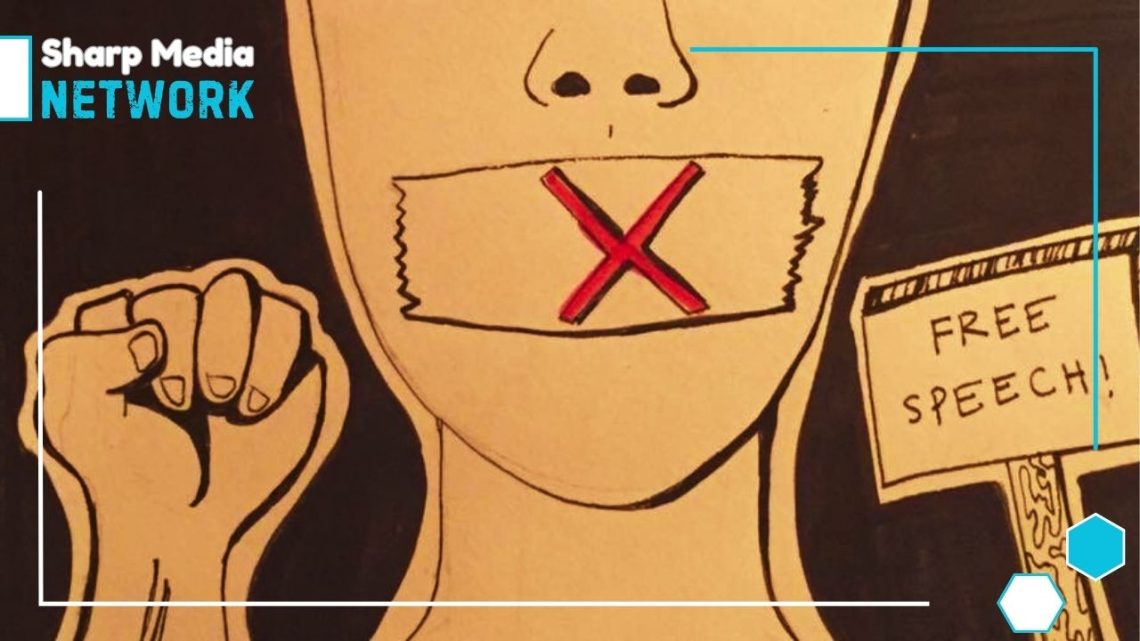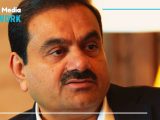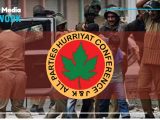
India’s Assault on Free Speech in IIOJK
November 23, 2024At a London conference, APHC-AJK leader Shameem Shawl shed light on India’s relentless persecution of journalists in Indian Illegally Occupied Jammu and Kashmir (IIOJK). The event, titled “Crucial Role of Journalists in Conflict: Protecting Truth Amidst Transnational Repression”, spotlighted the grim reality faced by truth-tellers in conflict zones, particularly in IIOJK.
Shameem Shawl highlighted the alarming escalation of press repression since August 5, 2019, when India revoked IIOJK’s special status. Journalists in the region are routinely subjected to physical abuse, arbitrary arrests, and life-altering threats from Indian forces. Quoting the Special Rapporteur on Freedom of Expression, Shawl noted the stark contradiction in India’s image as a democracy, stating, “The repression of journalists in Kashmir reveals a troubling gap in India’s commitment to constitutional freedoms.”
Shawl detailed the suffering of Kashmiri journalists such as Kamran Yousuf, Fahad Shah, Qazi Shibli, and Masrat Zahra. These individuals have faced fabricated charges, brutal detentions, and constant intimidation for exposing Indian military excesses. Many remain behind bars, while those released endure lingering trauma and professional restrictions.
Freelance journalists have not been spared either. French reporter Vanessa Dougnac, a 22-year veteran of Indian reporting, faced the threat of losing her residency for critiquing Indian policies in Kashmir. Similarly, journalist Aakash Hassan was arbitrarily barred from traveling abroad by Indian authorities without explanation. Shawl underscored that these acts are deliberate attempts to suppress dissent and muzzle independent journalism.
The conference also highlighted the broader implications of such repression. By targeting journalists, India undermines not only its democratic credentials but also the role of journalism as a vital check on power. Renowned journalist P. Sainath’s observation, “Journalism is about uncovering what power wants to hide,” aptly summarized the stakes. The silencing of Kashmiri journalists exposes India’s fragile tolerance for dissent and reveals a systematic effort to whitewash the region’s grim realities.
Prominent speakers, including Lady Shrone Hall and Ambassador Shargof, echoed these sentiments, calling for international action to protect press freedom in IIOJK. They emphasized that suppressing journalism is not just an attack on individuals but a betrayal of democratic values and human rights principles globally.
India’s actions in IIOJK demonstrate its authoritarian tilt, where journalism is treated as a crime. The international community must intervene to uphold the rights of journalists and the free flow of information in conflict zones like Indian Illegally Occupied Jammu and Kashmir.

